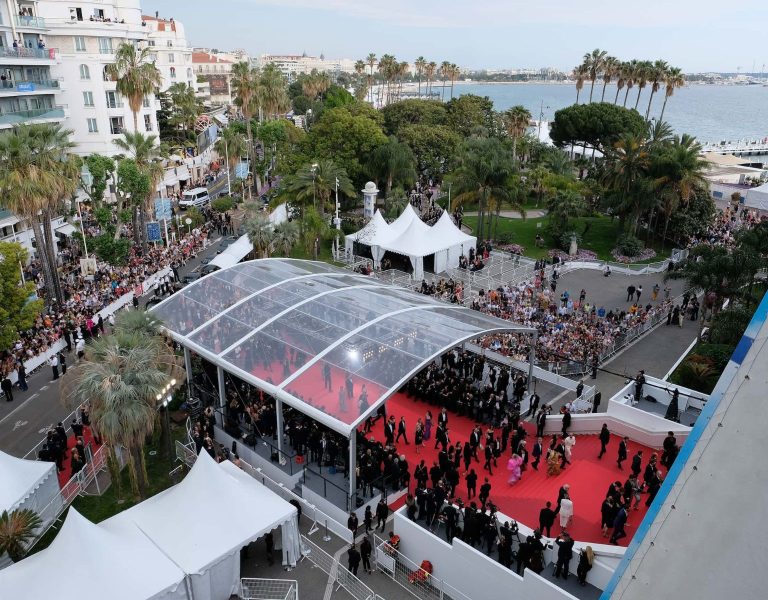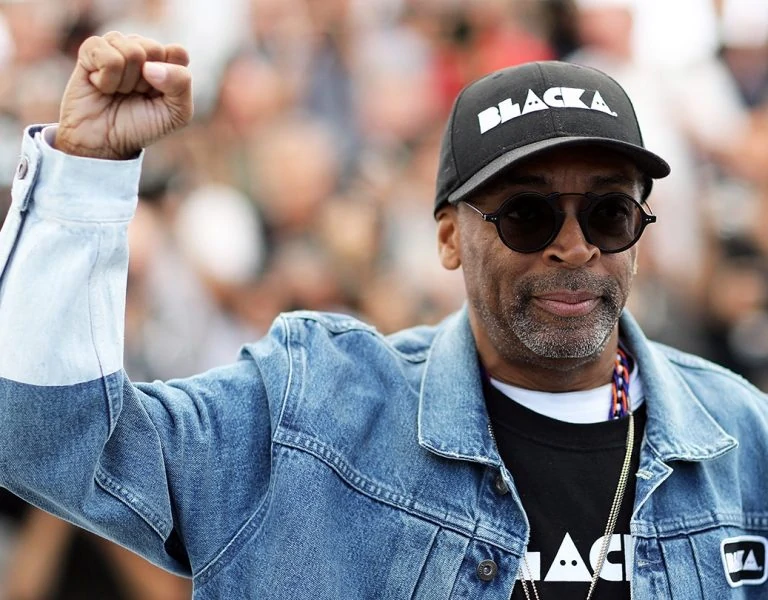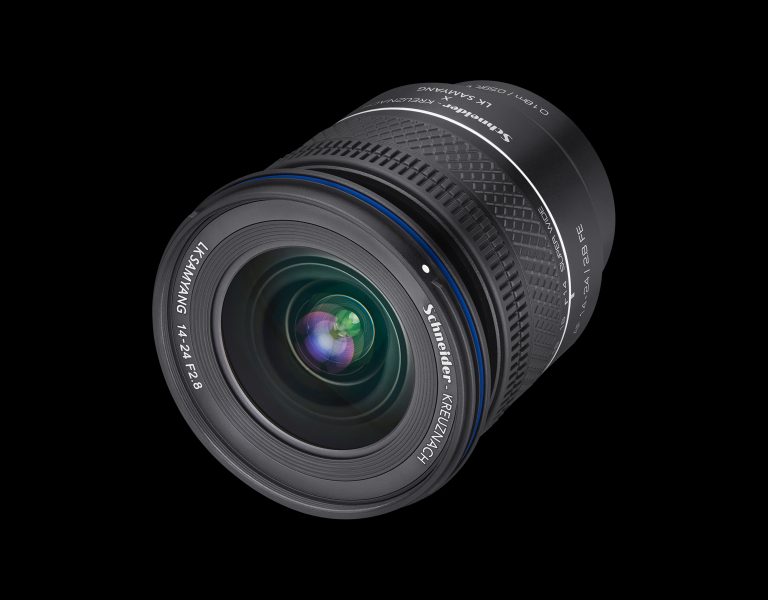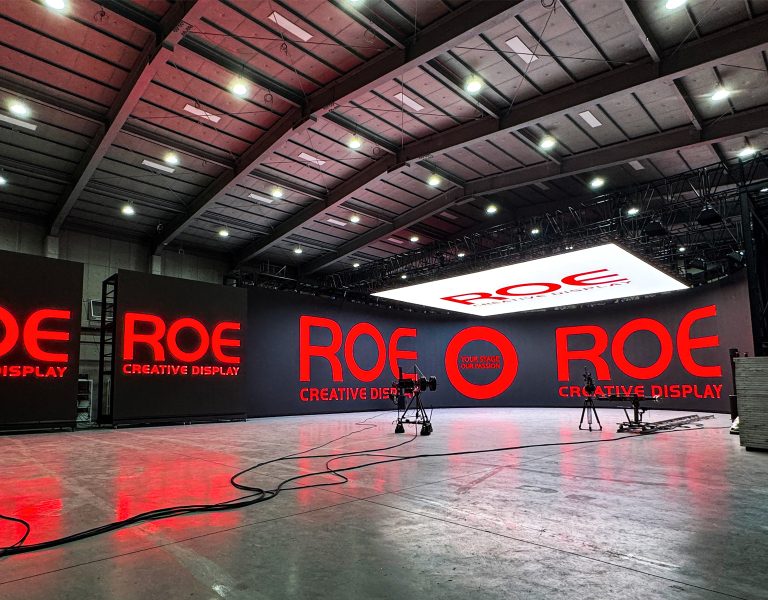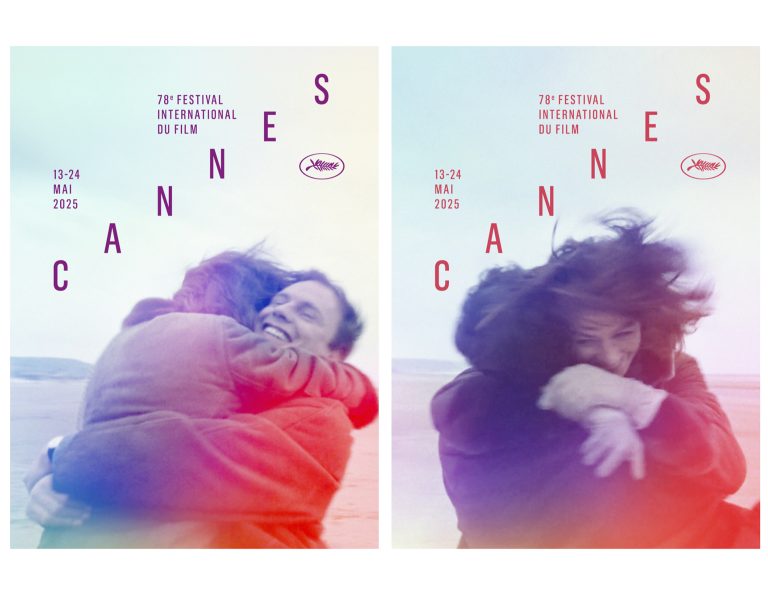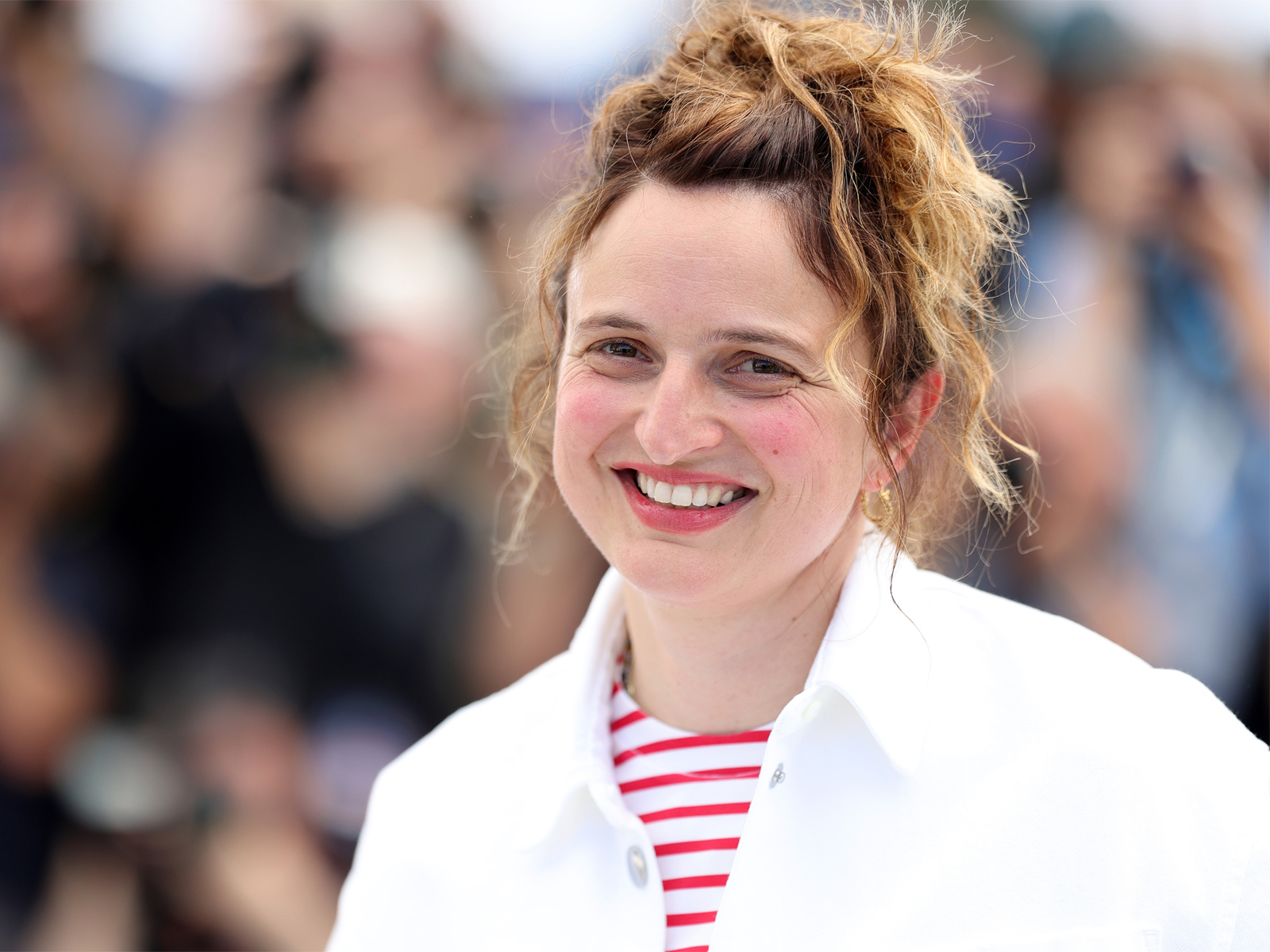
After last year’s duo with Emmanuelle Béart and Baloji, this year Italian director and screenwriter Alice Rohrwacher has been chosen to chair the Jury of the Caméra d’or. This award honours a first feature film presented in the Official Selection, at the Critics’ Week or the Directors’ Fortnight.
Alice Rohrwacher, whose delicate work blossomed in Cannes, will in turn recognise a filmmaker’s debut at the Closing Ceremony of the 78th Festival de Cannes on Saturday May 24. In 2024, the Caméra d’or went to Halfdan Ullmann Tøndel for Armand, which premiered at Un Certain Regard.
“First times are always important and they stay with us for the rest of our lives, said Alice Rohrwacher. Like entering an unfamiliar room, approaching one’s beloved for a first kiss, or landing on a foreign shore. There’s something golden that haloes these moments in our memory. Is that why the most prestigious award for first films is called Caméra d’or?”
In a filmography that embraces both short and feature films, both documentaries and fiction, Alice Rohrwacher paints with subtle touches the golden glow of beginnings and the radiance of firsts. A figure of the new Italian cinema, she reconciles the naturalism of De Sica and the dreamlike vision of Fellini in films that are always on the edge, between storytelling and documentary.
In her first feature, Heavenly Body, presented at the Directors’ Fortnight in 2011, Alice Rohrwacher explored a rapport with the world made of discoveries and beginnings through the portrait of a thirteen-year-old girl. Her second feature, The Wonders, was selected to compete at the 2014 Festival de Cannes and won the Grand Prix. This personal tale evokes the daily lives of young sisters on an isolated farm, and modern society catching up with them with the filming of a reality show. Happy as Lazzaro continues to probe an ideal of innocence perpetually plagued by moral corruption: suddenly freed from the yoke of a landowner who kept peasants in serfdom, Lazzaro is confronted with the violence of the city. Presented in Competition in Cannes in 2018, it tied for the award for Best Screenplay, crowning Alice Rohrwacher’s singular writing talents. La Chimera, considered by the director as the conclusion of a trilogy formed with her two previous features, was also presented in Competition at the Festival de Cannes in 2023. Set against a backdrop of antiquity trafficking and a parable about our relationship with the past, the film dissects the way in which origins shape our connection with others, with life and with the world.
Alice Rohrwacher’s spellbinding work, tinged with her very own magical realism, is not confined to these four feature films. Documentaries, the first genre which she took up by participating in collective films, enabled her to explore the poetry of the rural world, the importance of the past and the quivering of youth (Checosamanca, 2006; 9×10 Novanta, 2014; Futura, 2021). Short films, to which she often returns, are a space of expression that she constantly reinvents. From a 16mm capsule for the staging of an opera (Violettina, 2016) to a lock-down chronicle (Quattro Strade, 2021), and a short fiction film (The Pupils, presented in Cannes in 2022), Alice Rohrwacher has given herself once again to the exercise in 2024 by co-directing An Urban Allegory with JR, taking up a founding theme of her work, Plato’s Allegory of the cave.

